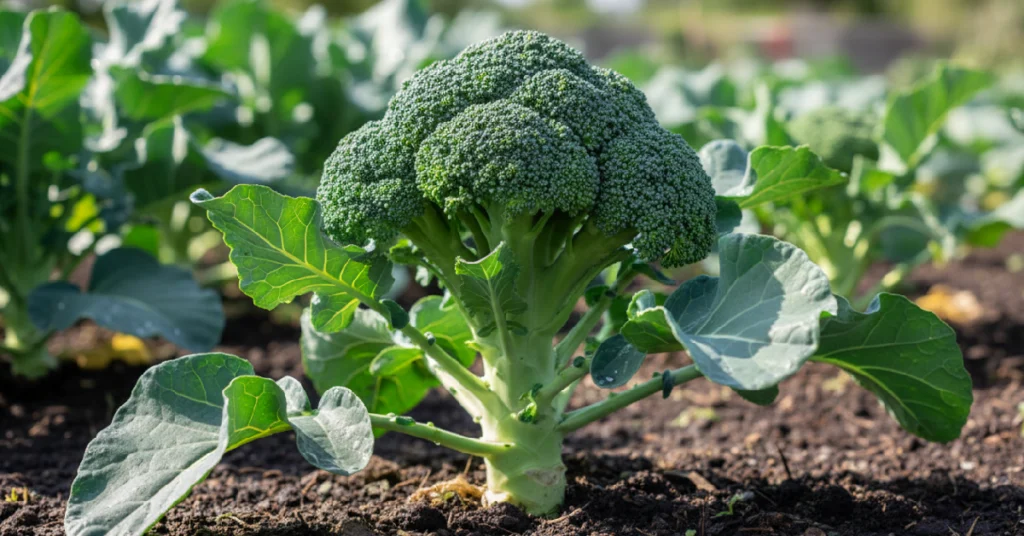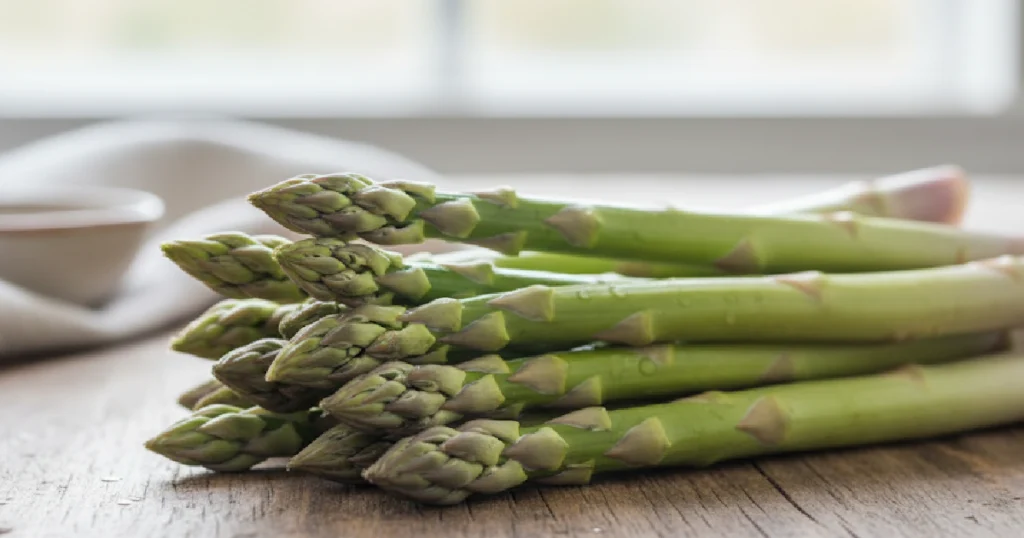When it comes to healthy vegetables, asparagus often gets overlooked. People know it as a crunchy side dish or a fancy garnish, but few realize just how much power these tender green spears hold. Packed with nutrients, antioxidants, and medicinal properties, asparagus has been used for centuries to support health and well-being. Whether you are looking for better digestion, improved energy, or even hormonal balance, asparagus can be a wonderful addition to your diet. Let’s explore the many asparagus benefits for men and women, while also diving into its traditional and medicinal uses.
What Makes Asparagus So Special?
Before getting into the details, it’s good to understand why asparagus stands out. This vegetable is rich in vitamins A, C, E, and K, as well as folate, fiber, and essential minerals like iron and potassium. Its high antioxidant content protects the body from harmful free radicals, while its anti-inflammatory properties promote overall wellness.
Unlike many vegetables, asparagus has a unique profile that makes it useful in both modern nutrition and traditional medicine. In fact, many cultures have used asparagus for detoxification and reproductive health, making it one of the oldest medicinal plants still in use today.
Asparagus Health Benefits
Asparagus brings plenty of health perks to the table, and the best part is that it works for all age groups. Here are some of the key asparagus health benefits that make it a superfood worth trying.
Supports Digestion
With its high fiber content, asparagus helps keep your digestive system running smoothly. Fiber promotes bowel regularity and supports the growth of healthy gut bacteria.
Boosts Immunity
Rich in antioxidants like vitamin C and E, asparagus helps your body fight infections and reduce oxidative stress.
Improves Heart Health
The potassium in asparagus helps regulate blood pressure, while folate supports cardiovascular function. Together, they help keep your heart strong.
Detoxifies the Body
Asparagus acts as a natural diuretic, flushing out toxins and excess salts from the body. This makes it particularly useful for kidney and bladder health.
Asparagus Benefits for Females
Asparagus Plant has long been valued for its effects on women’s health. From fertility to hormonal balance, it offers multiple advantages. Let’s look at some important asparagus benefits for females.
Supports Reproductive Health
Asparagus is traditionally used to enhance female fertility and improve menstrual health. The folate content helps during pregnancy by supporting fetal development.
Balances Hormones
The natural plant compounds in asparagus assist in regulating estrogen levels, making it helpful for women experiencing hormonal imbalances.
Strengthens Bones
Thanks to vitamin K, asparagus supports bone density and reduces the risk of osteoporosis, which is especially important for women as they age.
This makes asparagus not just a nutritional powerhouse, but also a valuable part of women’s wellness routines. For those exploring plant-based remedies, looking into Coconut flower benefits can also complement asparagus in a holistic lifestyle.
Asparagus Benefits for Men
Men can also greatly benefit from adding asparagus to their diet. In fact, many traditional medicinal systems recommend asparagus as a tonic for male health. Here are the top asparagus benefits for men.
Boosts Energy and Stamina
Asparagus provides essential nutrients like B vitamins and iron, which support energy production and reduce fatigue.
Supports Prostate Health
The antioxidants and anti-inflammatory compounds in asparagus are believed to promote a healthy prostate.
Enhances Fertility
Folate and vitamin C improve sperm quality, making asparagus a natural fertility booster for men.
It’s not surprising that asparagus has been a part of herbal remedies aimed at improving vitality and reproductive strength for men.
For those who love gardening, asparagus can be grown in your own backyard. With the right care, even decorative containers like ceramic flower pots and a classic terracotta pot can support small-scale asparagus growth.
Asparagus Medicinal Uses
When we talk about asparagus medicinal uses, we’re referring to both ancient practices and modern findings. Let’s break it down.
Traditional Medicine
In Ayurveda and traditional Chinese medicine, asparagus root (sometimes referred to as Shatavari) is used to treat reproductive disorders, digestive issues, and fatigue.
Modern Applications
Today, asparagus extracts are studied for their role in managing diabetes, lowering blood pressure, and supporting kidney function.
Natural Detox Agent
Its natural diuretic effect makes asparagus useful in reducing bloating and flushing harmful substances from the body.
Nutritional Value of Asparagus
To understand why asparagus is so beneficial, it helps to look at its nutritional breakdown.
- Low in calories but nutrient-dense
- Rich in folate, which is vital for cell development
- Contains vitamins A, C, E, and K for immune support and healing
- Provides fiber, promoting digestion
- Offers antioxidants that fight free radicals
This makes asparagus one of those vegetables that deliver maximum health advantages without adding extra calories. Just like the Rhododendron flower benefits, asparagus shows how plants can serve multiple roles in both nutrition and healing.
Asparagus in Daily Life
The best thing about asparagus is that it’s easy to include in your daily meals. You can steam it, roast it, stir-fry it, or even add it to soups and salads. Pairing asparagus with healthy foods makes your plate more colorful and nutrient-rich.
If you enjoy exploring plants and flowers with healing properties, you might also be interested in Vana Tulsi benefits and the wellness qualities of Hibiscus Flower. These, along with asparagus, can form a wholesome diet rooted in nature.
Other Natural Comparisons
Asparagus is not alone in offering health and healing benefits. Many other plants in nature are packed with medicinal potential. For example, the Mahua Flower Benefits for Health are well-known in Ayurveda, while Periwinkle has been used traditionally for its alkaloid content. By combining such foods and herbs in your lifestyle, you can enjoy a more holistic approach to wellness.
Final Thoughts
Asparagus is much more than a tasty green vegetable. It’s a nutrient-dense plant with centuries of history in medicine and daily diets. From supporting digestion and immunity to boosting reproductive health for both men and women, asparagus is a true superfood.
When you think about long-term wellness, adding asparagus to your meals is a simple yet powerful step. Its blend of nutrition and medicinal value makes it one of the best vegetables you can bring to your table.
So the next time you see fresh asparagus at the market, don’t just walk past it. Pick up a bunch and enjoy not just its flavor but also the countless health benefits it brings to your body.









